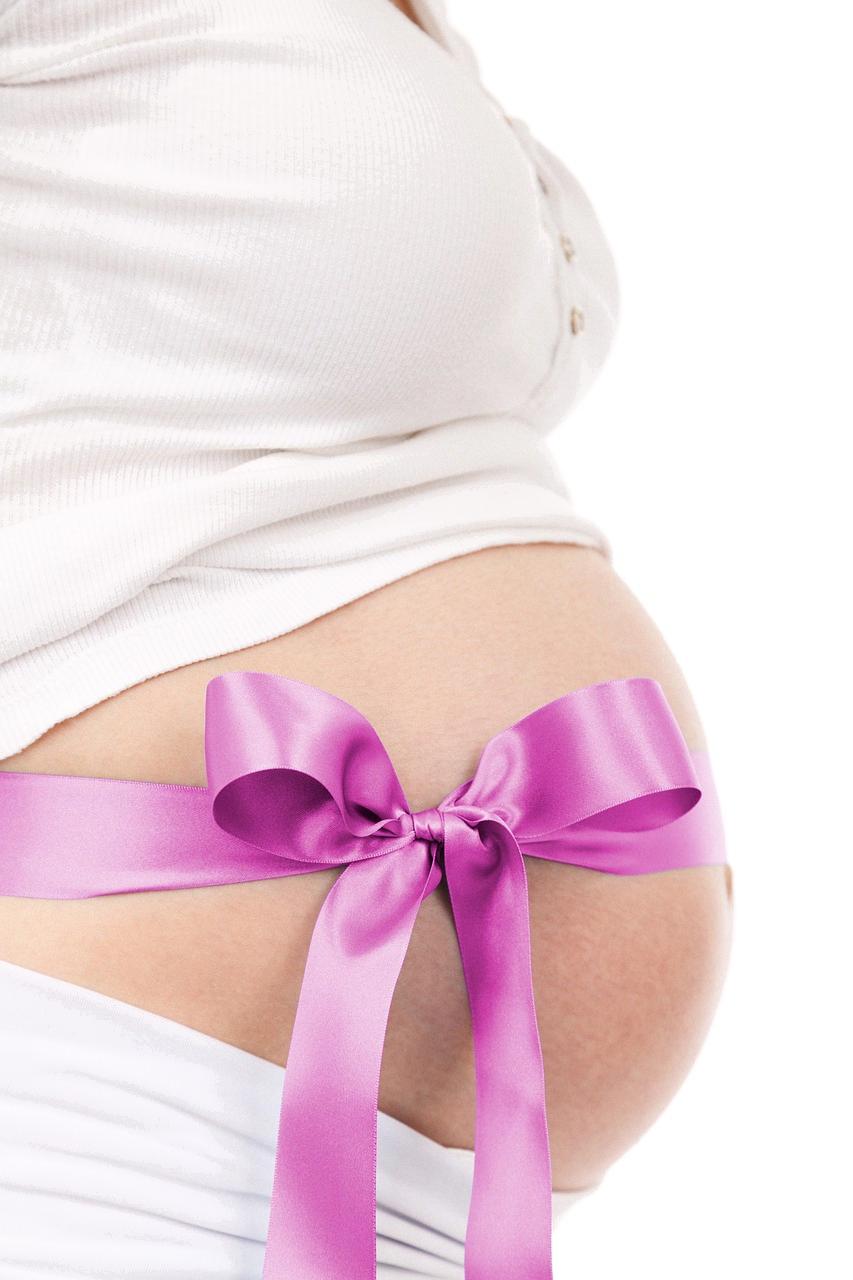When it comes to pregnancy tests, many women may turn to unconventional methods, one of which is the baking soda test. This test involves mixing baking soda with urine and observing the reaction. However, before relying on the baking soda test as a definitive indicator of pregnancy, it’s essential to consider its accuracy.
Scientific Support and Limitations
It’s crucial to note that the baking soda pregnancy test lacks scientific validation. In other words, there isn’t concrete research to support its accuracy in detecting pregnancy. While anecdotal evidence suggests that it may work approximately 50 percent of the time, it’s vital to understand the limitations.
Chance and Probability
One interesting aspect to keep in mind is the element of chance when it comes to pregnancy outcomes. The likelihood of having a boy or a girl is essentially a 50/50 chance. Therefore, when considering the reliability of the baking soda test, it’s comparable to pure chance due to the equal probability of gender determination.
Varying Factors
Understanding the accuracy of the baking soda test requires consideration of various factors that can influence the results. Factors such as the timing of the test, the concentration of urine used, and individual differences in chemical composition can all play a role in the outcome.
False Positives and Negatives
Like many DIY pregnancy tests, the baking soda test is not immune to false positives and false negatives. Factors such as the presence of other substances in urine, variability in mixing ratios, and individual interpretation of the reaction can lead to inaccuracies in results.
Psychological Impact
Another critical aspect to consider when evaluating the accuracy of the baking soda test is the psychological impact it can have on individuals. The reliance on such tests, especially without scientific backing, can lead to increased anxiety, stress, and uncertainty during the early stages of pregnancy anticipation.
Consulting Healthcare Professionals
While DIY pregnancy tests like the baking soda test may seem intriguing, it’s always advisable to consult healthcare professionals for accurate and reliable pregnancy confirmation. Medical tests such as urine or blood tests conducted by professionals offer a higher degree of accuracy and peace of mind.
Alternative Testing Options
For those seeking alternative methods to traditional pregnancy tests, there are various options available that have undergone scientific scrutiny and validation. From urine-based pregnancy tests to digital home pregnancy kits, exploring reliable alternatives can provide more assurance.
Educating Expectant Mothers
One of the critical roles in educating expectant mothers is providing them with accurate information about pregnancy testing methods. By promoting awareness about the limitations of DIY tests like the baking soda test, healthcare providers can empower women to make informed decisions regarding their reproductive health.
Community Perspectives
The popularity of DIY pregnancy tests, including the baking soda test, often stems from community-driven discussions and shared experiences. While personal anecdotes and shared stories can be informative, it’s essential to balance community perspectives with scientific evidence to make well-informed choices.
Embracing Diversity in Pregnancy Experiences
Every pregnancy journey is unique, and individuals may explore different testing methods based on cultural beliefs, personal preferences, or curiosity. Embracing the diversity of experiences surrounding pregnancy testing can foster greater understanding and support for individuals navigating the early stages of parenthood.
Final Thoughts on Baking Soda Test Accuracy
In conclusion, while the baking soda test for pregnancy may hold appeal for some individuals, its accuracy remains unproven and relies on chance rather than scientific validation. As individuals consider exploring alternative testing methods, seeking guidance from healthcare professionals and engaging in open discussions about pregnancy experiences can enhance confidence and well-being throughout the reproductive journey.

